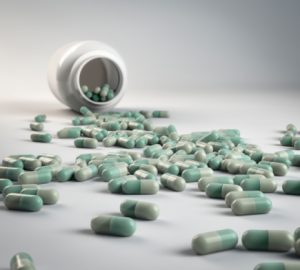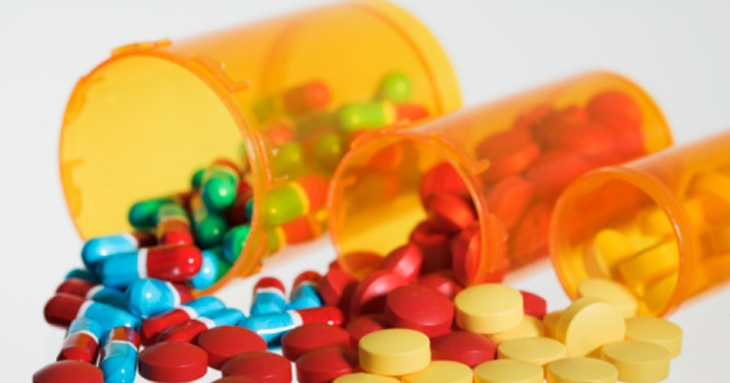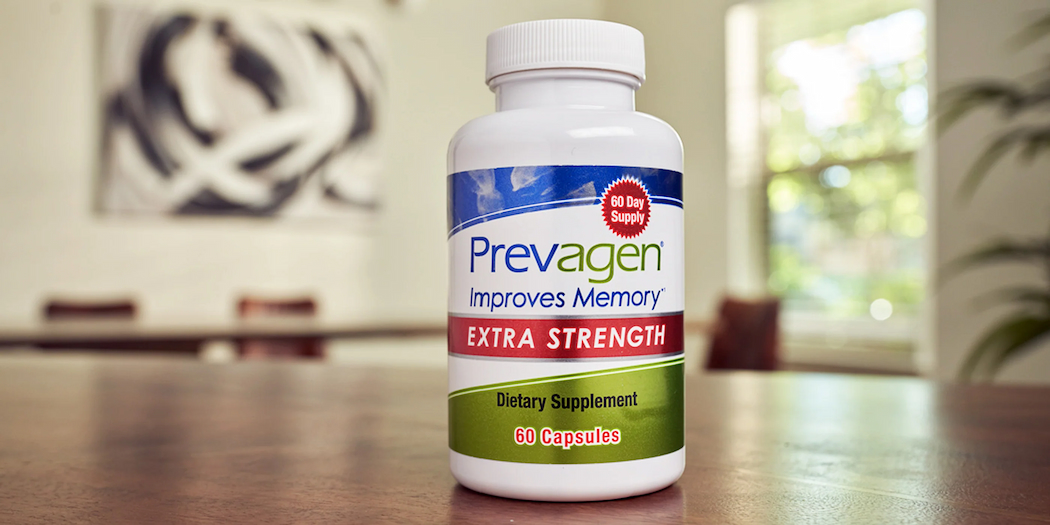
TINA.org Joins Consumer Advocates to Keep FTC Bipartisan
Why agency independence is in the best interests of consumers.
How we can protect ourselves from the $40-50 billion supplement industry amid a shrinking government?
| David S. Seres MD
How would you feel about unlicensed pilots flying commercial airliners? Consider if we allowed every driver to determine which side of the street to drive on. Irrespective of your political leanings, there are times when federal regulations might be reassuring, and a loss of these regulations might give one pause.
While we’re at it, how would you feel about the federal government striking down all regulations that require that drugs are safe, contain what they claim, and actually work before going to market? This, and worse, is what happened in 1994, when the Dietary Supplement Health and Education Act was enacted.
“But wait,” you say, “dietary supplements are not drugs. They are just supplements. They are natural nutrients that are good for you. Aren’t they?” A bit of an explanation is in order.
More is not necessarily better
 First, anyone taking a dietary supplement is doing so to improve his or her health. Unless the supplement has a magical quality, the supplement must have a substance in it that has a beneficial effect on the body. The active ingredients in supplements that have effects on the body are chemicals. When you take chemicals to impact health, we call these pharmaceuticals. Simply because these are unregulated, do not come from Pfizer or Merck, and are derived from plants, does not in any way guarantee safety or efficacy. Moreover, while it’s possible that the substances in the supplement may have a benefit when taken in higher doses, it is even more probable that the substances in a supplement can be harmful or frankly, deadly.
First, anyone taking a dietary supplement is doing so to improve his or her health. Unless the supplement has a magical quality, the supplement must have a substance in it that has a beneficial effect on the body. The active ingredients in supplements that have effects on the body are chemicals. When you take chemicals to impact health, we call these pharmaceuticals. Simply because these are unregulated, do not come from Pfizer or Merck, and are derived from plants, does not in any way guarantee safety or efficacy. Moreover, while it’s possible that the substances in the supplement may have a benefit when taken in higher doses, it is even more probable that the substances in a supplement can be harmful or frankly, deadly.
Take green tea for example. Green tea has chemicals (polyphenols) that actually block the breakdown of fat in the intestine. This in turn decreases the absorption of fat, which decreases the calories absorbed. In theory, blocking fat absorption might help with weight loss. People who drink green tea a cup at a time over the course of the day are likely to have no problems.
Several dietary supplements made from green tea are on the market. Based on the theory on which supplementation is driven, which is “if some is good, more must be better,” then what is the harm if each pill contains the equivalent of 10 to 12 cups of tea? Well, there are now more than 40 reported cases of liver failure in people who took green tea supplements. In fact, 20 percent of drug-related liver injuries are due to dietary supplements. Drinking green tea all day provides small levels of the chemicals in the tea, and there is no significant toxicity.
However, scientists believe taking a pill with 10 or 12 times that amount raises blood levels high enough to destroy the liver in some people. The risk that the concentration of something normally safe in food will become dangerous in a supplement is the risk with any extract sold as a dietary supplement. People have died as a result.
The claim game
Not only does the law allow for marketing of pharmacological products without proof of safety, it allows supplement manufacturers to make what amount to outrageous and misleading claims without proof of efficacy. The regulations even provide for the wording to do so. The manufacturers must make their outrageous claims with great care. Fraud laws still apply. Nevertheless, by using wording such as “supports (heart, brain, muscle, bone, digestive, etc.) health” the supplement industry can suggest benefit without really making direct claims.
Here’s how this works. If a substance is necessary for normal body functioning, and a deficiency will cause harm, one can say that the substance supports the health of that organ or system. This does not mean that excess amounts will have any benefits. Take zinc as an example. Severe zinc deficiency will cause your skin to fall off, your ability to taste to diminish, and your immune system to function less well. Thus, zinc supports skin and immune health, as well as taste function.
Nevertheless, there is absolutely no proof that supplemental zinc, in the absence of a deficiency, boosts immunity. Wine experts do not enjoy their cabernet more by taking zinc. Skin health is not improved with supraphysiological zinc doses. In fact, because zinc supplementation inhibits copper absorption and copper is also critical for skin health at normal levels, supplementing zinc may have a deleterious impact on healing. Please do not take this to mean that you should continue the zinc and add copper.
Natural may not equal safe
Just because something is natural does not make it safe. Snakebites will kill you. Botulinum toxin is the most deadly substance known. If you care about your health enough to take a pill, elixir, nostrum, or potion, you should care enough to want to be sure that the substances in it are at least safe.
When looser regulations and funding cuts for federal agencies are in vogue, it gives one pause to imagine that snake oil can be marketed without consequence. Currently, the only way we regulate what goes into supplements is through fraud or tort laws. These are enforced through the Federal Trade Commission (FTC) and state attorneys general, and not by the Food and Drug Administration (FDA). The FDA regulates drugs, but can only influence supplement manufacturers through guidelines on manufacturing practices.
In the case of fraud, the Federal Trade Commission is the agency that should have the resources to take on these companies. Imagine the cost of doing the research to go after a company that has supplements with hundreds of different ingredients and almost as many claims of benefit. However, the FTC is already operating on a shoestring budget, as are state attorneys general. Alternatively, non-governmental foundations or attorneys may bring class- action suits for fraud. However, these are similarly extremely expensive and complicated. Finally, someone hurt or killed by a supplement might sue for damages. This, too, is expensive and harm is difficult to prove.
While the government is shrinking, consider how we can protect ourselves from the $40-50 billion industry that dietary supplements have become, especially when they give six-figure donations to politicians. For supplements, more regulation is needed, not less.
Why agency independence is in the best interests of consumers.
TINA.org continues to support FTC, New York in federal court.
Cautionary stories like Belle Gibson’s are not unique.


